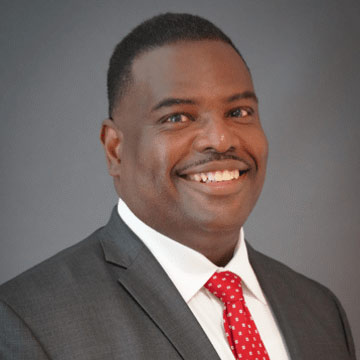Roquemore Skierski defends Dallas businesses with sharp counsel and tough courtroom advocacy, protecting your bottom line from formation to complex disputes.
Practice Areas
Dallas Business Fraud Lawyer
Unmatched Local Knowledge | 100+ Years of Combined Experience | 24/7 Availability

